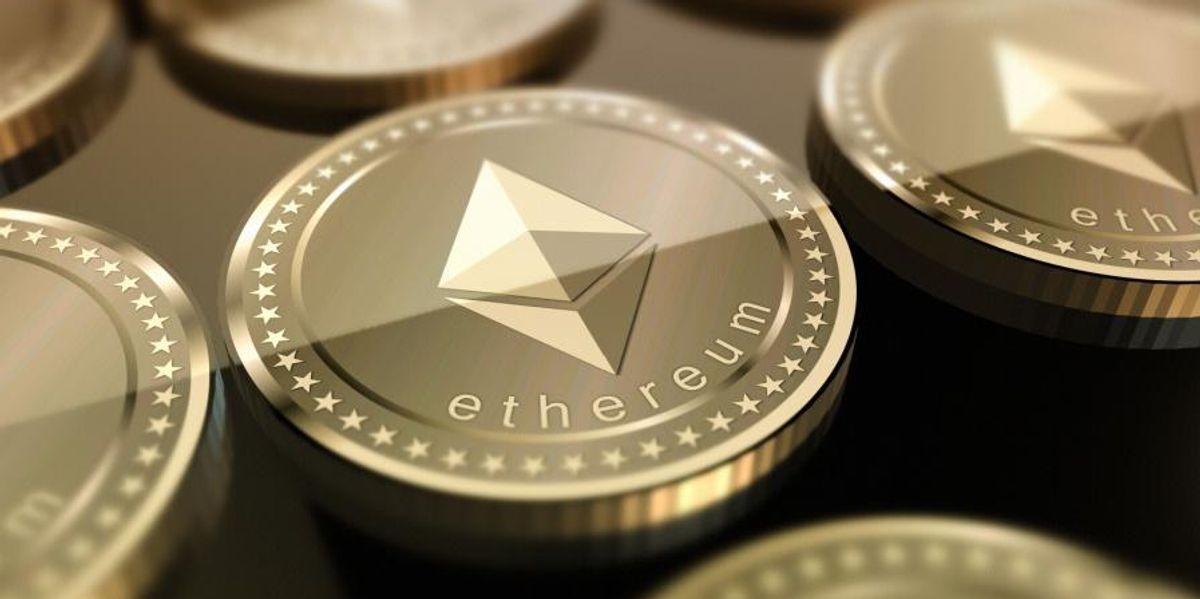
https://www.youtube.com/watch?v=Ta-yDZCq1gU– YouTubeyoutu.be
The gold price dropped to its lowest level in over two years on Thursday (September 15), reaching US$1,665 per ounce.
The metal has been hit hard by US economic data. Tuesday (September 13) brought the latest Consumer Price Index (CPI) reading, which shows that in August inflation rose 0.1 percent month-on-month and 8.3 percent year-on-year. While the year-on-year number is a deceleration compared to the prior month, the month-on-month rise comes after the CPI was flat from June to July.
In a conversation before the CPI data came out, Gareth Soloway of InTheMoneyStocks.com told me higher inflation would be a signal that the US Federal Reserve will need to hike interest rates by 75 basis points at its meeting next week.
Prior to the CPI news, most market participants had been debating whether the central bank would hike by 50 or 75 basis points, but now some experts are suggesting that it may go for a full percentage point rise.
“If you still see very high inflation and it’s not coming down, it’s likely going to signal the Fed has to do 75 basis points at its next meeting” — Gareth Soloway, InTheMoneyStocks.com
As we’ve discussed previously, Chair Jerome Powell has emphasized that the Fed will do what it takes to tame high prices.
We’ve asked our Twitter followers for their September rate hike expectations before, but with this new information we raised the question again. About 60 percent of respondents expect 75 basis points, while 100 basis points is next with around 30 percent of the vote; less than 10 percent think 50 basis points is in the cards.
We’ll be asking another question on Twitter next week, so make sure to follow us @INN_Resource and follow me @Charlotte_McL to share your thoughts!
Ethereum merge sparks ESG discussions
We don’t often touch on cryptocurrencies, but with this week’s historic Ethereum merge making headlines, we’re going to take a brief foray into the sector.
For the uninitiated, Ethereum is a blockchain-based decentralized global software platform. It’s well known for powering the popular cryptocurrency Ether, but it also supports thousands of other decentralized applications.
“At its core, Ethereum is a decentralized global software platform powered by blockchain technology. It is most commonly known for its native cryptocurrency, ether, or ETH” — Investopedia
Before the merge, Ethereum used a proof-of-work system to validate transactions; now that it’s taken place, it uses a proof-of-stake method. There’s a lot of nuance to this transition, but what’s really getting attention are the energy-saving benefits associated with proof-of-stake — according to Ethereum.org, Ethereum’s energy consumption has been reduced by about 99.95 percent.
For investors, one key question has been what the merge will mean for Bitcoin’s rivalry with Ether — will its low energy usage make Ether the more appealing cryptocurrency, possibly attracting interest from large-scale environmentally conscious firms? For now, it’s too soon to tell, but it’s an area investors may want to keep an eye on.
“Bitcoin itself still uses a lot of power. And who knows — down the road, maybe they’ll be tempted to do something like this too. But that’s not being contemplated yet” — Alex Tapscott, Ninepoint Partners
Want more YouTube content? Check out our YouTube playlist At Home With INN, which features interviews with experts in the resource space. If there’s someone you’d like to see us interview, please send an email to cmcleod@investingnews.com.
And don’t forget to follow us @INN_Resource for real-time updates!
Securities Disclosure: I, Charlotte McLeod, hold no direct investment interest in any company mentioned in this article.
Editorial Disclosure: The Investing News Network does not guarantee the accuracy or thoroughness of the information reported in the interviews it conducts. The opinions expressed in these interviews do not reflect the opinions of the Investing News Network and do not constitute investment advice. All readers are encouraged to perform their own due diligence.
From Your Site Articles
Related Articles Around the Web
This news is republished from another source. You can check the original article here



